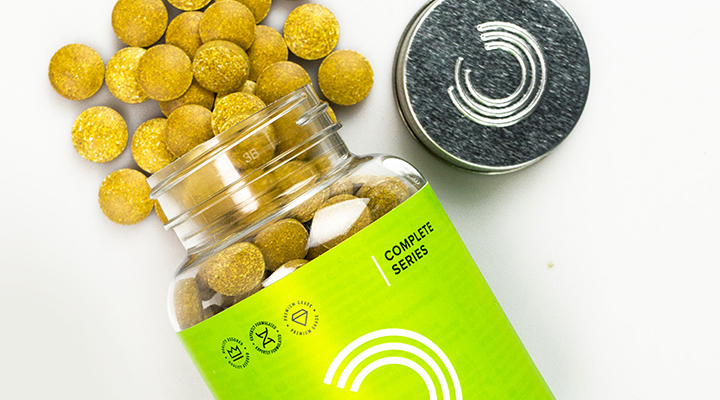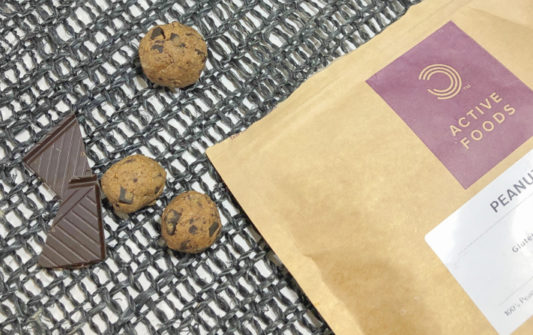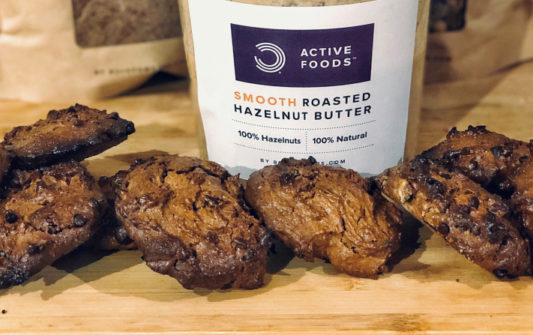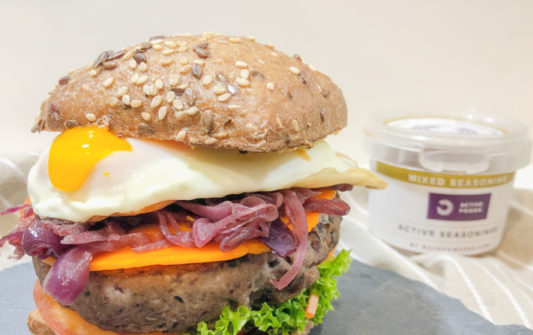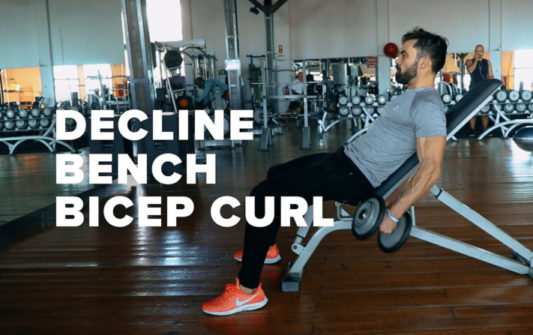WE WILL COVER ALL NUTRITIONAL BASES WITH AN INTELLIGENT APPROACH TO INTEGRAL FOODS.
In an ideal world, food would give us all the vitamins and minerals we need. Natural foods these days are not quite what our grandparents served us.
And then there is the question of variety. Be honest, how many different fruits and vegetables do you eat during the year? Our Multivitamin and our Vitamins and Minerals are a solid choice to support your overall health. But other than that there is a lot you can do to make your diet healthier.
HOW TO GET THE MOST OUT OF YOUR FOOD
Eat seasonal foods:
Nature knows what it is doing. Follow the example of nature and eat seasonal fruits, vegetables, fish and meat. Spring brings us, for example, pumpkin and courgettes. The summer is full of colorful fruits, vegetables, berries and fresh seafood.
Eat locally:
Supermarkets are convenient, but if you can buy, even a small percentage of your food from local sources, for example in the market, will increase the variety of micronutrients in your diet.
Buy locally:
You must be asking how you can buy food locally? Get in the habit of visiting farmers’ markets, butchers and fishmongers. In addition to the food being fresher they are more varied. Believe that you will experience things you would never find in the supermarket.
Vitamins
A maioria de nós não consome as vitaminas e minerais essenciais. Há artigos recentes sobre a deficiência da vitamina D em que reconhecem amplamente o problema. Mas não pára por aí. Fazer uma dieta pode deixar-nos com falta de vitamina B12, vitamina K, ferro e magnésio. Uma boa ideia é ter um multivitamínico para cobrir suas essas falhas, como o nosso complexo Multivitaminco Completo™.
FONTES ALIMENTARES INTEIRAS DE VITAMINAS E MINERAIS.
Vamos deixá-lo com uma lista dos melhores alimentos para certas vitaminas e minerais. Esta é apenas uma pequena lista, mas vai ajudá-lo a otimizar o seu plano de alimentação saudável.
Bom para Vitamina A: Batata doce
Bom para Vitamina B: Peixe (especialmente truta e salmão), carne, frango, peru, ovos inteiros, feijão, leguminosas (principalmente grão de bico), castanha de caju e Manteiga de caju.
Bom para Vitamina C: Maçãs, bagas, frutas cítricas e frutas exóticas, folhas verdes escuras, brócolos, couve de bruxelas, grãos integrais.
Bom para Vitamina D: Peixes oleosos e alimentos fortificados como leite, iogurte, cereais matinais.
Bom para Vitamina E: Nozes, sementes, manteiga de amendoim.
Good for iron: Red meat, dried fruits , dark green leaves, broccoli , seaweed, beans, peanuts and peanut butter , pumpkin seeds and whole grains.
Magnesium Good for: Vegetables, almonds and cashew nuts or cashew butter , almond butter .
Good for Potassium: Sweet potatoes , Bananas, white potatoes, tomatoes.
Good for Zinc: Red meat, poultry, crab and oysters.
